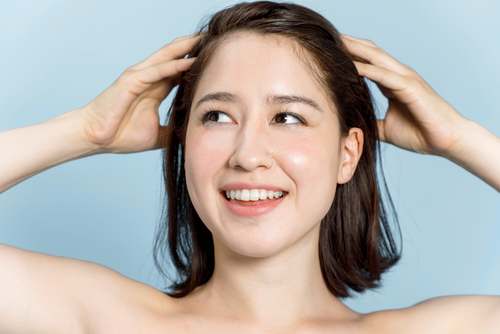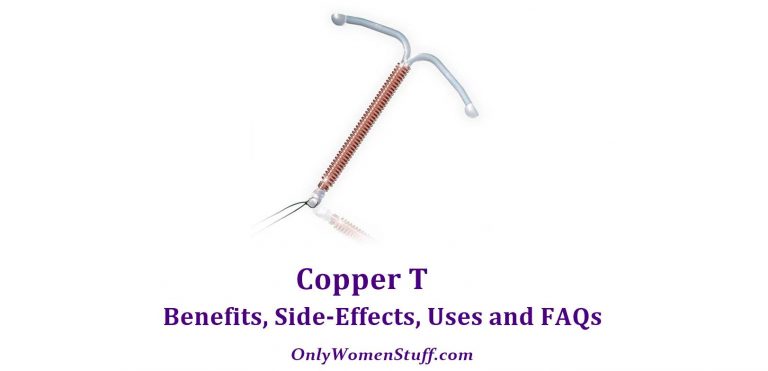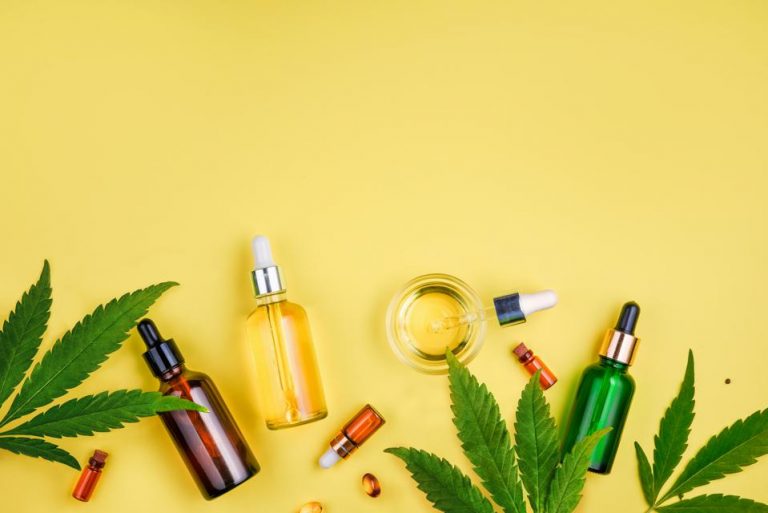Hair Restoration Aftercare: Do’s and Don’ts After the Surgery
The hair is considered to be the crowning glory, regardless of age or gender. One of the initial things you notice in another person is the hair. The hair, after all, could easily make or break your total look. Losing your hair can give you great concern about your physique. However, recent technology has improved the way you can solve baldness. Accredited and qualified dermatological clinics such as Vera Clinic now offer hair restoration surgery, or simply called hair transplant.
If you’ve decided for permanent hair restoration, apart from the things you have to prepare for before the surgery, here are dos and don’ts for you to remember after the operation so that you will have the optimum results.

The Do’s
1. Do have Someone Take you Home: Safety first. Do remember that this is still a surgery, after all. You will be given anesthesia, with after-effects that can vary from person to person. It is better to be on the safe side and make sure that you are not in this process alone – just in case the after-effects of anesthesia stay on you for a longer time than is expected.
2. Do keep your Head Elevated when Sleeping: Never lay your head on a flat and hard surface directly. Using one to two pillows is highly advised. A soft surface is highly recommended so as to minimize swelling. This will also promote faster healing of the head.
3. Do keep your Scalp Clean and Dry: On the first day after your surgery, it is imperative to keep your scalp dry. This is to give room for your scalp to heal and to avoid any untoward infection. On the days following your operation, the scalp area should also be kept as clean as possible. Do not put unnecessary products (except those that may be prescribed by your doctor). This is to avoid any allergies, infections, or adverse side effects.
4. Do use a Mild Shampoo: Your doctor will prescribe what kind of shampoo you should use post-operation. Using a mild shampoo will minimize any skin irritation on your scalp, as your scalp is still delicate and recovering. Treat your scalp like it is that of a baby’s.
5. Do Bathe Gently: If possible, use a cup to wet your scalp when rinsing. Avoid strong showers, as this can also affect the newly growing hair. BUT never wash your hair within the first 48 hours after your hair restoration surgery.
The Don’ts
1. Don’t Stop Treatment Even After the Transplant: Hair restoration does not just end after the surgery. Aftercare, treatments, and follow-ups are still necessary and should be done with commitment. Do not skimp on this, as these follow-up consultations will also determine what other treatments might be needed or if the growth has resulted in the way it should be; it’s also a time to address any other concerns to ensure that your hair restoration results are as desired.
2. Do Not Injure the Scalp: Injuries on the scalp area can lead to infection and irritation. Hence, strenuous activities like swimming, outdoor sports, and hitting the gym should be avoided until your doctor gives a go signal. Prevent any unnecessary sweating or dust exposure. Give your scalp the time to heal and “relax.” Most doctors will advise you to take a week off from work to stay at home and recover.
3. Do Not Self-Medicate: Head pains? Swelling? Dizziness? Rashes? Irritation? Whatever it could be that you are feeling after your hair restoration surgery, do not self-medicate. Avoid buying medicines without the permission of your doctor. When in doubt, always ask your doctor first. Never use any topical cream, antibiotic, or any over-the-counter medications without your doctor’s approval.
4. Do Not Expose your Scalp to the Sun: This is why your doctor will also advise you to stay at home for at least a week. Your scalp has to have the optimum care it needs. If you do need to go out, however, be sure to wear a cap or a hat.
5. Do Not Have any Alcoholic Beverages & Cigarettes: These should be avoided on the month prior to and after the surgery. Alcohol and cigarette intake can affect the blood and oxygen flow to the hair follicles. Following this is fundamentally important especially as your hair starts to regrow.
6. Do Not Have Unnecessary or Unwanted Contact on Your Scalp: In line with all the other previous don’ts listed, any unnecessary contact with the scalp must be minimized, as the hair is still on its regrowth process. Be extra careful when putting on t-shirts and knits so that the newly growing hair follicles stay intact.
Conclusion
With all this in mind, you can rest well at night knowing that your hair restoration surgery will be worth every dollar spent on it. The easiest way to be diligent about your postoperative care is to treat your scalp with utmost care. Don’t be too harsh on your skin, and be as gentle as you can be. Don’t decide on a hair transplant if you can’t be fully dedicated to its aftercare. When unsure, consult your dermatologist – at all times!






